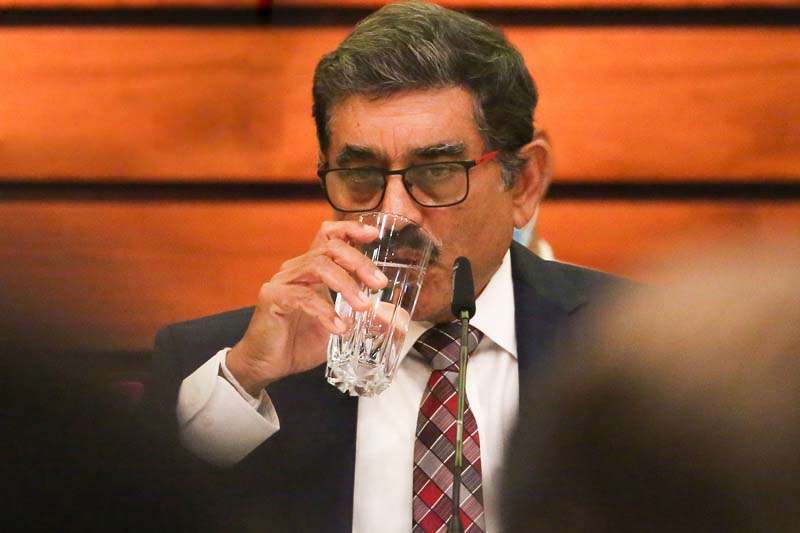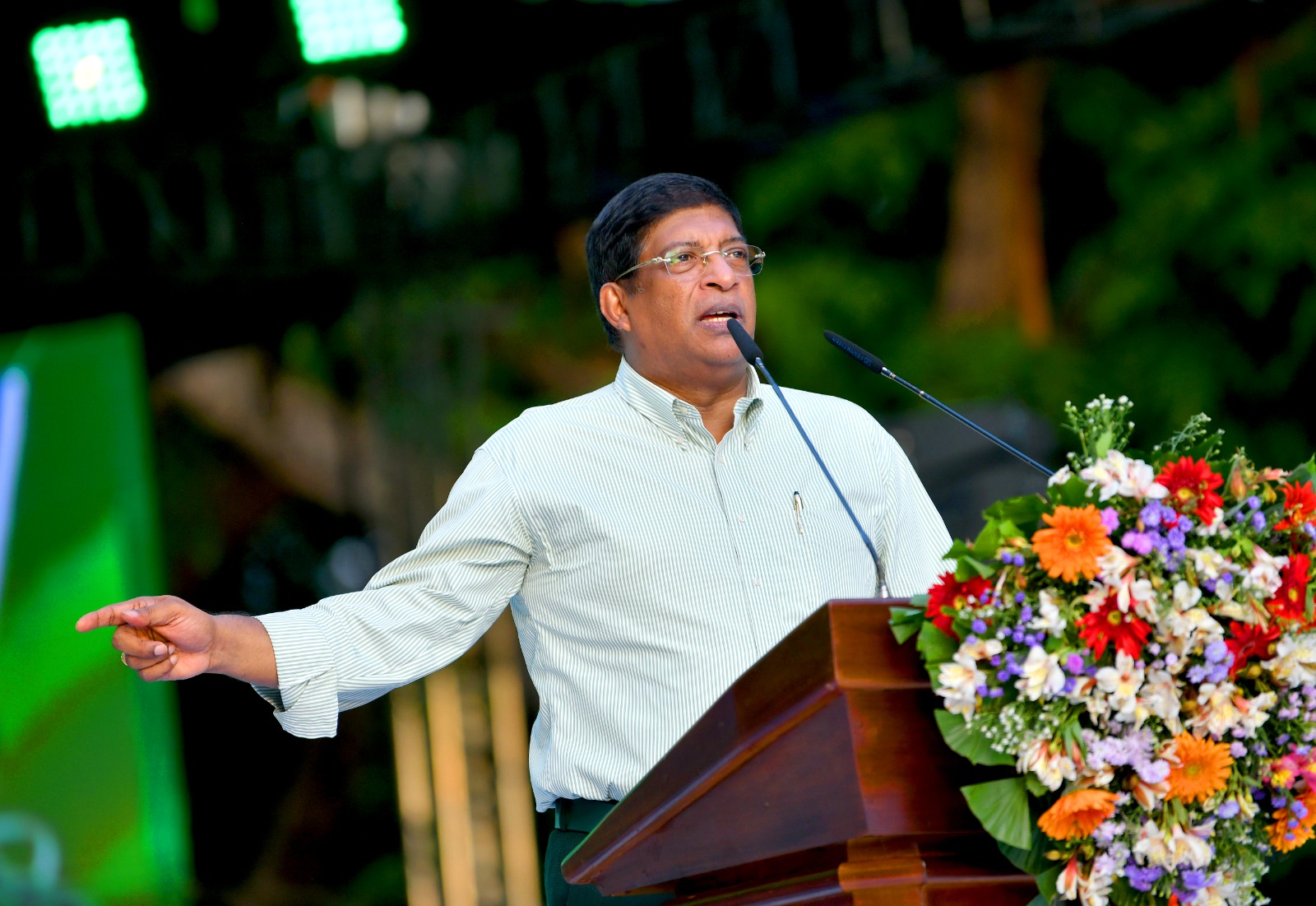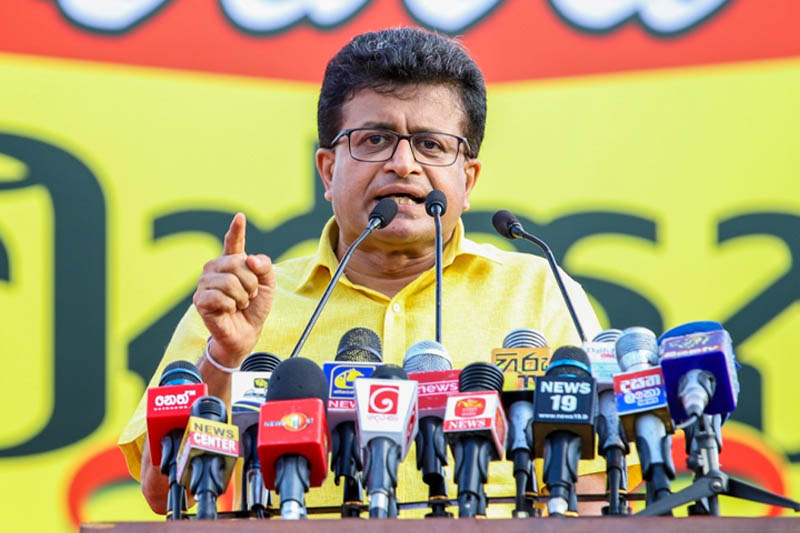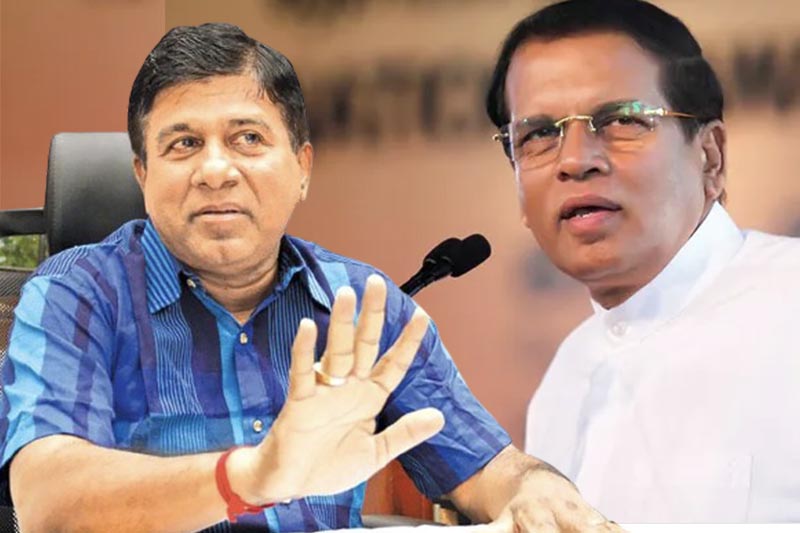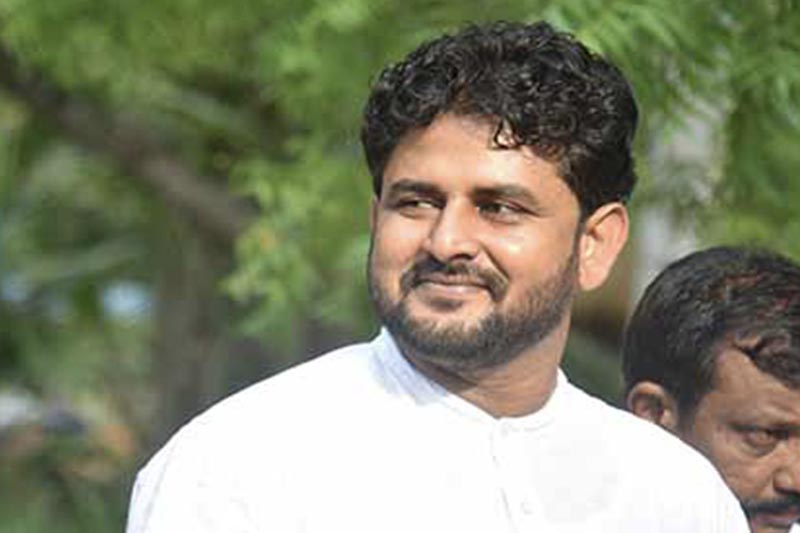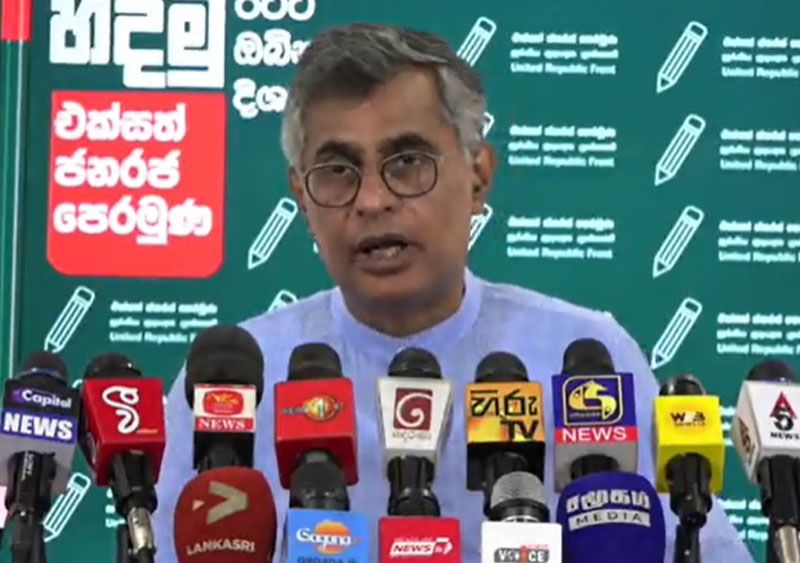Sri Lanka’s monetary policy will remain accommodative for the economy to reach its potential growth, while focusing on domestic price stability, Central Bank Governor Nandalal Weerasinghe said.
The current stance allows “sufficient space for monetary policy transmission to take full effect and to prevent any undue pressures on the economy,” Weerasinghe said Wednesday while delivering the monetary authority’s annual policy statement.
Sri Lanka’s central bank signaled last year it will pause its policy easing cycle after reducing borrowing costs by 650 basis points to prop up growth following an unprecedented economic crisis.
While a cumulative $670 million in aid from the International Monetary Fund has helped in easing shortages in the country, growth still remains below pre-pandemic levels.
Weerasinghe said further funds from the Washington-based lender will be crucial to build buffers and reduce risks.
Sri Lanka’s headline inflation has started inching up in the last few months after dropping to low-single digits from a peak of 70%.
The central bank expects an uptick in the January print due to tax and energy tariff increases.
“A change in the course of monetary policy action may not be warranted as inflation expectations remain well-anchored,” he said.
Sri Lanka aims to keep the inflation rate around 5% through the year.
The central bank plans to reduce the number of annual policy announcements to six, from eight, in order to make more informed decisions on the economy, Weerasinghe said.
It’s also considering moving to a single policy rate, the governor said, without providing details.
The central bank currently has two benchmark rates, the standing lending facility rate and the standing deposit rate.
Debt default
Authorities are also in the process of restructuring the nation’s debt after defaulting in 2022 for the first time in its history.
In recent months, the government had struck debt deals with official creditors, including China, India and the Paris Club, as well as with holders of its local debt.
The focus now is on negotiations with Beijing over the remaining debt owed to a Chinese state-owned financial institution and the nation’s dollar bondholders.
Sri Lanka continues in “good faith” negotiations with commercial creditors, and hopes to reach in-principle agreements as soon as possible, Weerasinghe said.
A successful debt restructuring agreement will pave the way for further funds from the IMF, aiding the economic turnaround and boosting support for President Ranil Wickremesinghe’s government ahead of elections this year.
Sri Lanka’s dollar bonds were among the best performers in emerging markets last year, delivering returns of more than 60%, as the nation took steps to fix its debt pile and boosted its fiscal health.
(Bloomberg)

